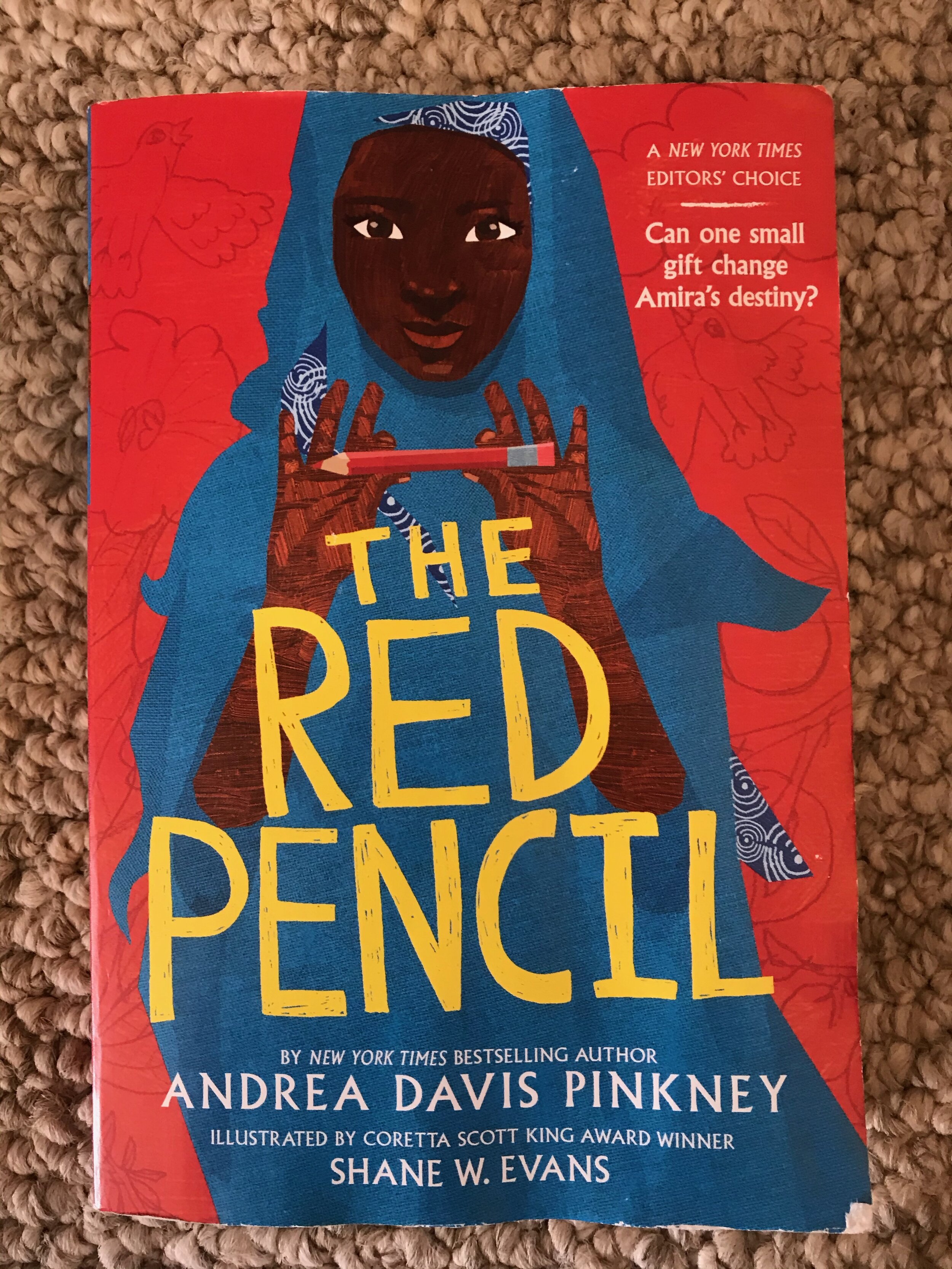#DiverseVerse and #AuthorsTakeAction Event
The past year has, for us, been one in which we've witnessed so much hate; and yet also one that challenged us to keep hoping. Sometimes everything we do feels futile and yet, whoever we are, wherever we live, we can harness the power of poetry to speak up, stand up and start to take action against hate. Poetry also provides, especially for young people, the potential to preserve hope in the face of tragedy and the terrible hate crimes we've all been witnessing this past year and for so many years. Poems pack a punch - they can awake us, they can inspire us to take action, they can energize us to protest. Poems tap into the power of peace through the strength of words.
If you feel able to help spread a message and raise awareness and begin deep discussions and collate ideas for practical action to combat hate, using poetry as a starting point, we hope you will read on and join us on 4/20/21, to launch the #DiverseVerse initiative with a hashtag campaign, together with Authors Take Action. Details below:
#AuthorsTakeAction and #DiverseVerse plan to work cooperatively on Tuesday 20th April to harness the power of poetry to speak out against racist hate in general; and against hate crimes against BIPOC people in particular. We request those who take part to share the work of ANOTHER poet, and amplify the words of a BIPOC poet, to send a message about speaking up and standing up against hate crimes using poetry as a tool to start conversations. You may wish (after thinking deeply on what feels appropriate in an #ownvoices context), to add a nuanced, personal and heartfelt message speaking out about the surge in hate crimes against Asians in the United States, or about movements against racist hatred (such as Black Lives Matter or Dignidad Literaria), or about religiocist (if that isn’t a word, it perhaps ought to be, unfortunately) hatred such as Islamophobia or antisemitism. If you create a thoughtful post and share it using these two hashtags (and additional ones e.g. #StopAAPI hate, #StopAntiAsianHateCrimes as appropriate) on social media, we will boost it. Racism, Xenophobia and Bigotry cannot to be stopped by poets, but poetry can be a starting point to educate against hate, to show solidarity in a manner that is strong but peaceful.
Here are some suggestions of what you might consider posting:
(1) Respecfully amplify a BIPOC poet's words - by doing a short video or audio recording reciting a quote from a poem (please consider fair use and respect copyright issues) AND citing resources for action steps that BIPOC leaders have suggested.
(2) Create a visual aid of your own (a quote from a BIPOC poet or author, poster containing a quote from a poem by a BIPOC poet, respectful and thoughtful artwork inspired by a poem written by a BIPOC poet) and share this. Please ensure that you respect, provide credit, and highlight the BIPOC leader whose work spoke to you personally, while speaking out against racist hate crimes.
For more details on ways to begin conversations in classrooms using poetry as a starting point to teach about and advocate against hate, visit the blog post on this website entitled “Teaching Poetry to Start Conversations and Take Action Against Hate” or this diverse verse padlet . Both contain resources and ideas on encouraging students to write their own poems or recite poems by BIPOC poets, keeping in mind fair use and respecting copyright and diversity.
On 4/20/21, we hope to do our best to cheer on and encourage young writers if you share any classroom work (while respecting student privacy and safety). Feel free to also share other teaching suggestions you came up with that involve starting deep questions about hate, action steps to counter it, and the power of poetry in the context of awareness and protest; and to spread the word about this new resource and the diverse verse initiative.
We hope that this exercise will bring the community together, using poetry by BIPOC voices as a starting point to engage in introspection, as well as to engage in deep discussions with others on the subject of hate crimes. We also hope this might serve as a starting point for individuals, school groups, and communities to seek out for themselves and to provide with others educational resources as well as practical exercises and action points that will continue to promote a deeper respect and understanding of diversity in our nation and in our world.


































